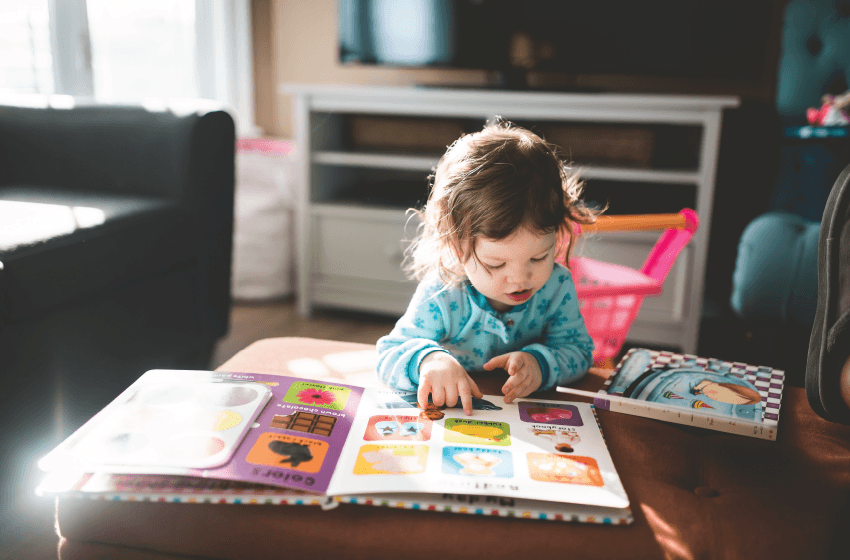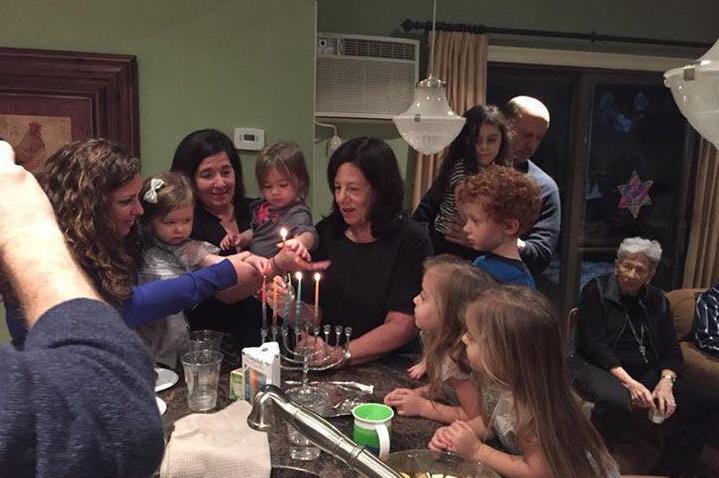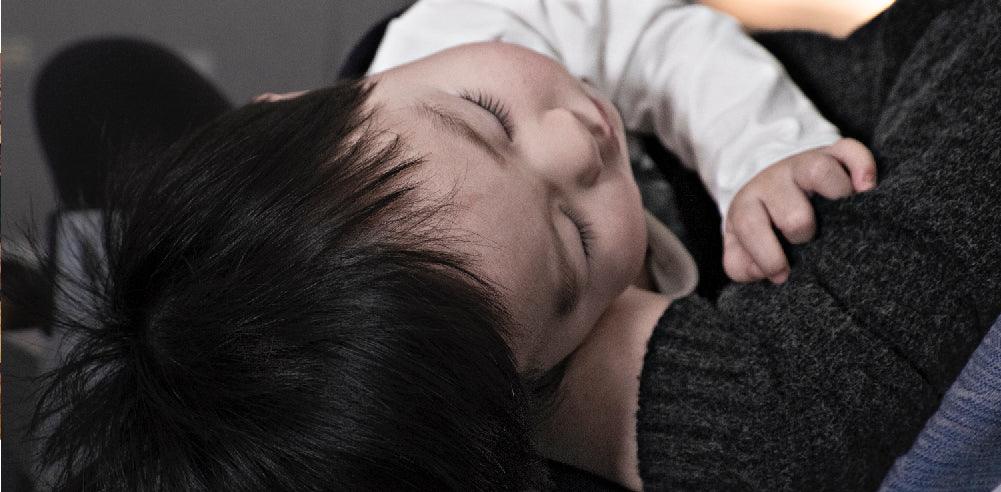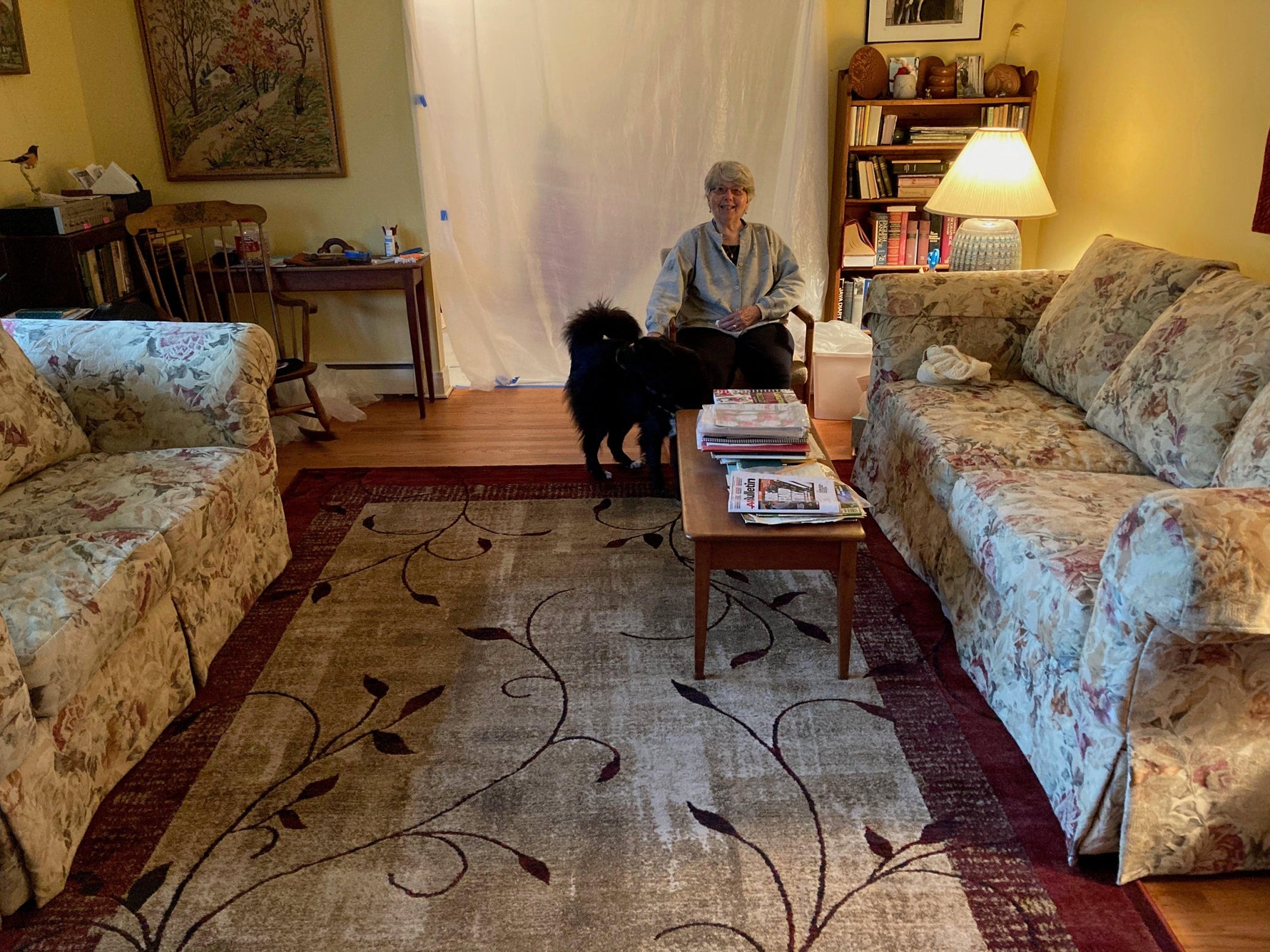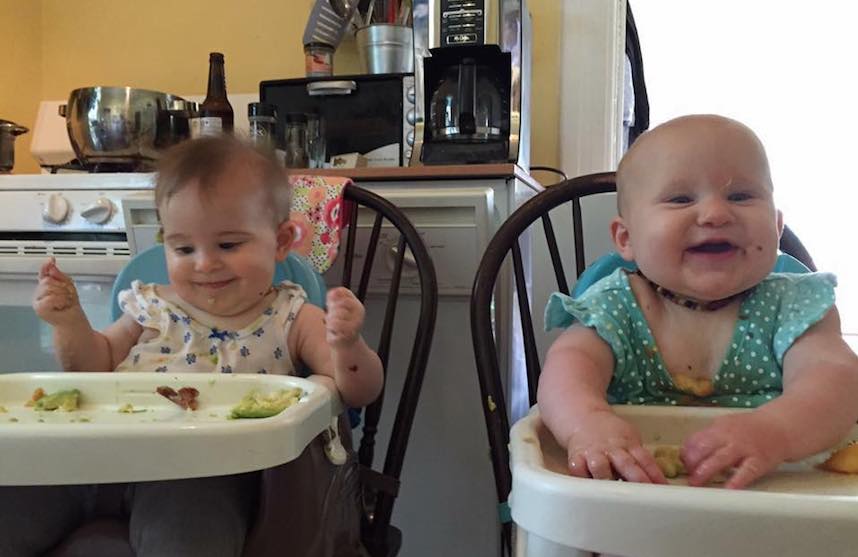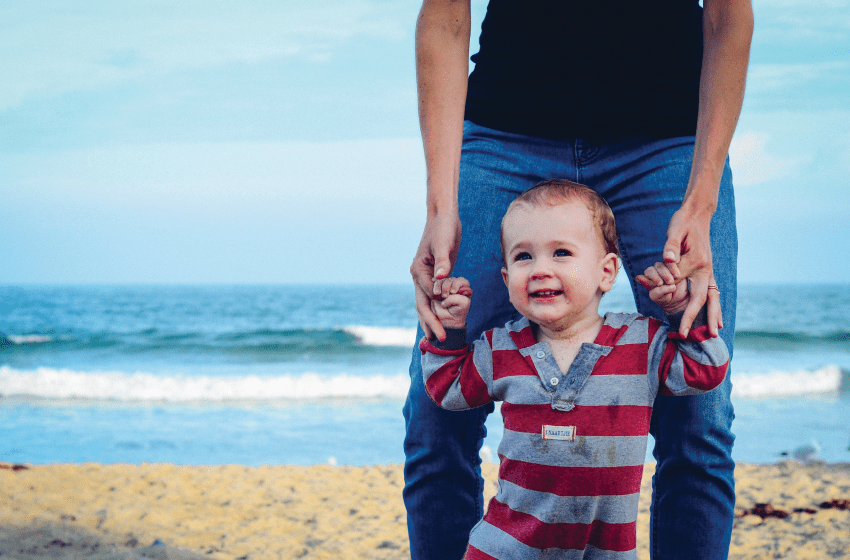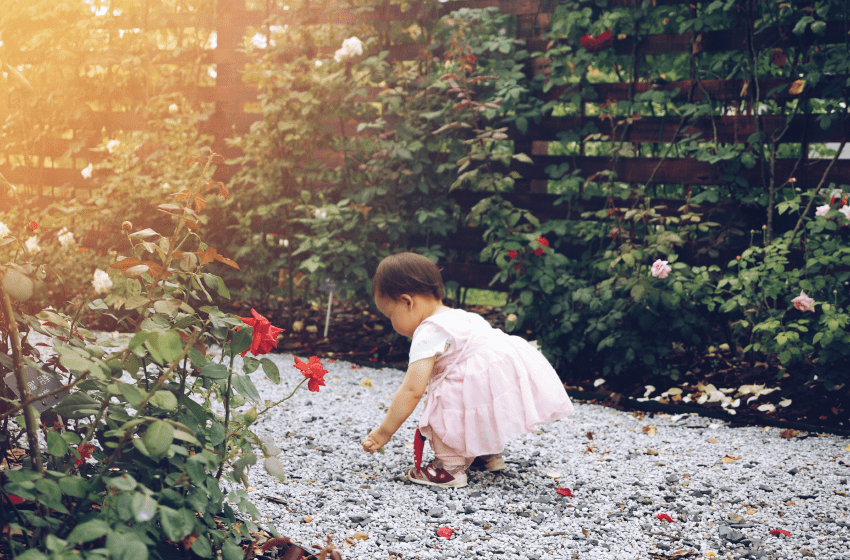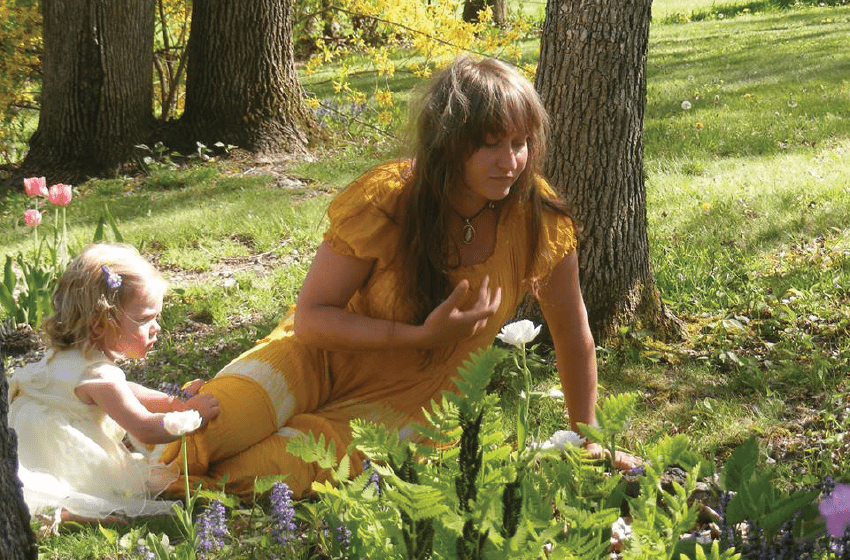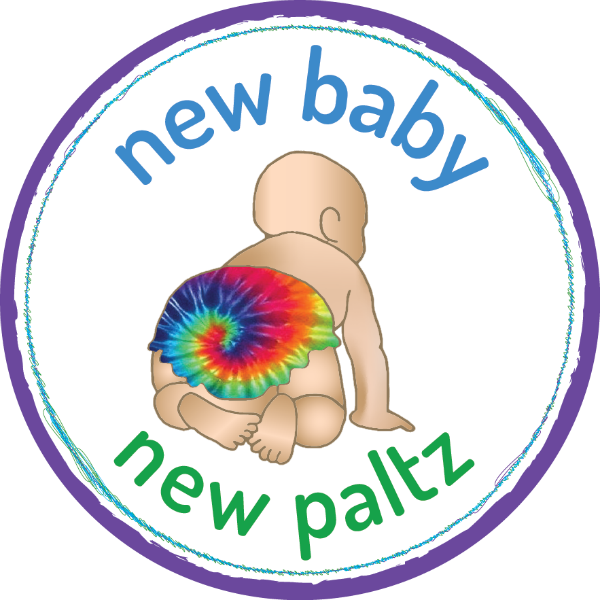When your 5 or 6 month old baby is watching you eat, gesturing for food, and sitting up (or almost), you are probably asking this question.
But, you're confused by popular feeding advice.
"Give them iron-fortified rice cereal." suggest many grandparents and pediatricians. Your friend Hannah's baby loves her homemade purees. Auntie Dani dropped off a bag of jarred and squeeze pouches of commercial "baby food." And, all over the internet, you keep stumbling over "baby-led weaning."
Rice cereal, the headless dinosaur is still thrashing its deadly tail of malnutrition.
The call to feed your baby rice cereal, as the magic bullet to fill them up and make them sleep better, is brought to you by the same people, who complain that Chinese food doesn't fill you up because... "It's all rice."
Same food.
Polished white rice is not filling, it's not nutritious and it's not a good first baby food. On the other hand, whole grain brown rice is an acceptable first food.
Your BFF Hannah's Homemade Purees
Gotta love Hannah and her insatiable drive to nurture and nourish. Homemade purees are generally nutritious, and nutrient dense. They meet the need for baby food, in as a natural state, as possible. And they can make up a part of your baby's first foods. But by 6 months, babies need texture. Purees are made for 2-6 month old formula-fed babies who have maxed out their daily formula intake.
Auntie Dani means well. She sure does.
Baby food is EXPENSIVE on a pound-for-pound basis. And her contribution to your budget is well-meaning and generous. And convenient. Toss those packs in your diaper bag, and watch your baby happily chow down on them, each time you to forget the "real lunch" you packed for your baby... and left on the counter.
Which brings us to baby-led weaning.
Baby-led weaning (BLW) is a confusing phrase in the US. "Baby-led" is clear enough, but 'weaning' is confusing, when used in this context. Americans generally use weaning to mean ENDING breast or bottle feeding. In baby-led weaning, weaning is used with the original meaning, of ADDING FOOD, to a baby's milk diet.
Baby-led weaning means that babies start eating solid foods by picking up food and feeding themselves. They learn how to eat by watching, taste, texture, trial and error.
Real babies need real food.
In whatever form you decide to start, use nutrient dense "real food" - meat, vegetables, fruit & whole grains. Feed your baby foods in as close to their natural state as possible. Food on the table should mostly look like the original plant or animal meat.
Apple sauce, avocado, banana, cooked beans, blueberries, broccoli, hamburger, diced chicken, mashed or shredded carrots, chopped mango, french cut green beans, oatmeal, brown rice, quinoa, sweet potato and diced pears are all common first foods!
Some people use whole grain oatmeal as a base food and add fruits and vegetables to that. Some people start with all veggies, followed by fruits, in the hopes that their baby won't develop a preference for sweet foods. While there seems to be some merit to this theory, a broad diet using all the flavors is much more interesting than a "mono" diet.
Your baby's diet needs yoga!
Ayurvedic (from India) cooking classifies salty, bitter, sour, astringent, sweet and pungent as "the six tastes." Work to include a little bit of each taste, in every meal and your baby's senses will be satisfied. Everyone has preferences, including your baby, and introducing a variety of tastes helps to balance strong preference. Ayurveda also recommends a mix of wet and dry, cold and warm, light and heavy foods.
Introduce a variety of textures and tastes. Puree was developed and marketed in a time when formula-fed babies started foods at a younger age and needed drinkable food. At 6 months, babies can start with semi-soft, chunky, wet and dry foods. Watch when your baby eats- stay nearby- they will gag and cough! As long as they are coughing, they are OK. They will figure it out and learn to eat without gagging.
By the middle of the first year, most babies are very interested in chewing and biting. Biting and gumming food strengthens their jaw and flattens their palate, which helps to make enough room for teeth. Different textures keep meals interesting.
Boxed and canned food is less nutritious and more expensive.
Most boxed and canned food has lost its nutrition in an effort to keep it shelf stable. In addition, it is exposed to plastics which are absorbed into the food. These plastics are often known endocrine disrupters. We know these are bad, but we don't know how bad, yet.
Corn is $1 a bag in the frozen food section and $4 a bag as tortilla chips. Boxed cereal costs $5-10 per pound and contains sugar, and whole grains are $1-5 per pound and have complex carbohydrates.
What NOT to eat is important.
You can feed any food except honey, and foods you or other family members, are allergic to. Raw honey may have botulism spores which is harmless to children and adults, but babies have a weaker immune system and are vulnerable to botulism poisoning. Curiously, this also include the popular Honey Nut Cheerios, which are not processed at high enough heat to kill botulism.
Artificial food colors and nitrates in processed meat aren't good for babies, either.
While you are breastfeeding, there is no need for dairy foods in the forms of yogurt, cheese, or liquid milk. Cow's milk nutrients are mostly the same, but in different proportions. Your milk is the perfect balance of protein, fat and sugar for a human baby or toddler.
On a related note, grain and nut milks are not that nutritious, and are highly processed. Give your child the nut or grain instead, and a glass of water.
When to mix it up?
Feed one food for 3 to 4 days, then add a new food. If there are any allergies, then you know which food is causing it. Food reactions can take many forms. It might be sleeplessness or irritability. Rashes are common and may look like flushed red cheeks, a bulls-eye around the anus, chapping around the mouth, or a pimply sandpaper rash that covers large areas of skin. Diarrhea, vomiting, and constipation are also common signs of a sensitivity or allergy.
During the first few months, focus on offering foods and helping your baby to experiment with new sensations and tastes. While some babies dive right in, others take their time. Continue breastfeeding about the same amount you always have and offer food as an add-on. Your baby will naturally imitate you and eat more food as they gain skill and knowledge.
